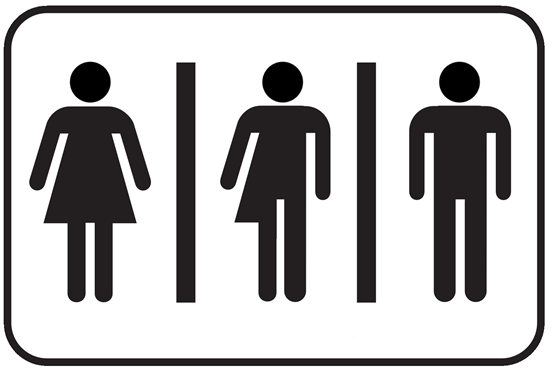
Gender equity on campus is an issue that the university has made one of their top mandates, committing to initiatives such as HeForShe, the UN Women Solidarity Movement for Gender Equality. Statistics on the HeForShe website announce that as of 2018, female faculty representation has increased to 30.1% and there has been a 32% increase in female participants in STEM outreach activities. These statistics show progress and are important metrics, but there are stories to be heard outside the confines of data. How can we change the culture of the Faculty if we do not know what the concerns are at an individual level?
The Listening Tour was carried out over three days in March (27-29th) 2019. Booths were set up in STC and EIT on main campus, as well as at the School of Pharmacy and the School of Optometry. Overall, 197 people from across the faculty participated in the survey, both students (undergraduate and graduate, 67%) and staff (faculty, staff members, and post-doctoral fellows, 33%).
More than 80% of all respondents felt that they were in an environment that was accepting of all genders, and 75% felt they had an equal opportunity to learn, teach, and work in the Faculty. More than 80% of respondents also felt supported in the faculty and respected by their peers. These statistics varied among groups, however, and in general students perceived the Faculty as more equitable and accepting than staff, postdocs, or faculty. Interestingly, two statements on unconscious bias showed that while 86% of respondents acknowledged they have unconscious biases, only 65% actively take steps to address their biases. “I find it hard to address my unconscious bias fully as I am likely not even aware of some biases,” commented one respondent.
Participants were given the opportunity to share their personal experiences being female, male, trans, or non-binary in the Faculty in the long-answer section. For female staff and faculty, many shared a common experience of being talked down to or talked over by male peers or men in leadership positions. “Often […] I am talked over, my opinions dismissed, or the reasoning behind practices I question is condescendingly explained to me […],” one respondent wrote. Some staff and students have found that certain individuals have at times made them feel uncomfortable or unwelcome. Female and non-binary students often seem to deal with sexist/ rude comments. One respondent commented that “It's not uncommon to see people making jokes at the expense of non-binary and trans people.” Female students commented on feeling most safe and included in environments where they had female teachers or TAs as role models.
The survey also asked respondents about the gender equity issues that mattered to them most. Important issues for both students and staff include fair treatment and equal access to opportunities, whether they be in the classroom, office, lab, etc. “I have observed highly qualified women not be recognized for their experience and leadership skills and less qualified/experienced men be appointed to positions of leadership,” wrote one respondent. Other issues that matter to people include access to equal pay, addressing unconscious bias in the faculty, support and mentorship opportunities, and installing more gender-neutral bathrooms. Another important issue for staff and students was safe reporting – many people did not know who to go to in the faculty if they had an equity concern or if they had to report something. Common gender equity issues for staff/ faculty include transparency in hiring practices, fair distribution of workload and fair recognition for contributions, as well as access to parental leave and childcare support for temporary staff and post-docs. Common gender equity issues for students consisted of addressing transphobic behaviour, mentorship/ support to retain young women and non-binary people in science, and the lack of female role models in leadership positions in the Faculty of Science.
These issues may seem overwhelming and daunting, but there are steps we can take to help progress to a more equitable environment. Some popular suggestions on how to improve gender equity in the faculty included: 1) offering more workshops, training programs, etc. to raise awareness about gender equity, unconscious biases, and diversity in science; 2) hiring more female faculty members and more females to leadership positions in the university; 3) providing mentorship programs at all career stages for women in science; 4) accessibility to more gender-neutral bathrooms and safe spaces; 5) creating a support person in Science with whom one could report discrimination and harassment; 6) engagement of students and staff at all stages of the hiring process to ensure equitable, fair and transparent decision-making; 7) holding people in leadership positions accountable; and, lastly, 8) encouraging male students and staff to step up and be allies in promoting gender equity in the Faculty.
Interested in what the Faculty of Science HeForShe committee is doing next? Visit the Science HeForShe webpage to see upcoming events.
By: Wynona Klemt